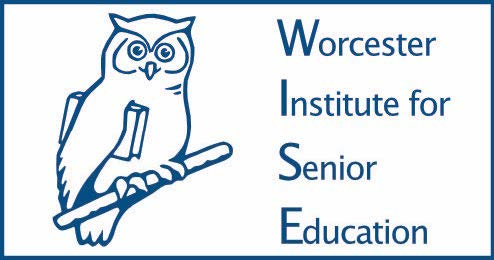WISE Courses for Spring 2025Join us for a brand new season of engaging courses beginning in February 2025. For full course descriptions and schedules access the 2025 Spring catalog here. Scroll down this page to view the available courses and register today. Note that courses are listed based on upcoming class dates and may not be in numerical order. Need help learning Zoom? Contact the WISE office at 508-767-7513 or by email at WISE@assumption.edu for instruction, assistance, and support. Our regular office hours are 9 a.m. to 3 p.m. Monday through Thursday (excluding holidays). If you miss a Zoom class, you can access the class recording here for up to 30 days after each class session. You can also see some of our recent course offerings on the Past WISE Courses page. |
